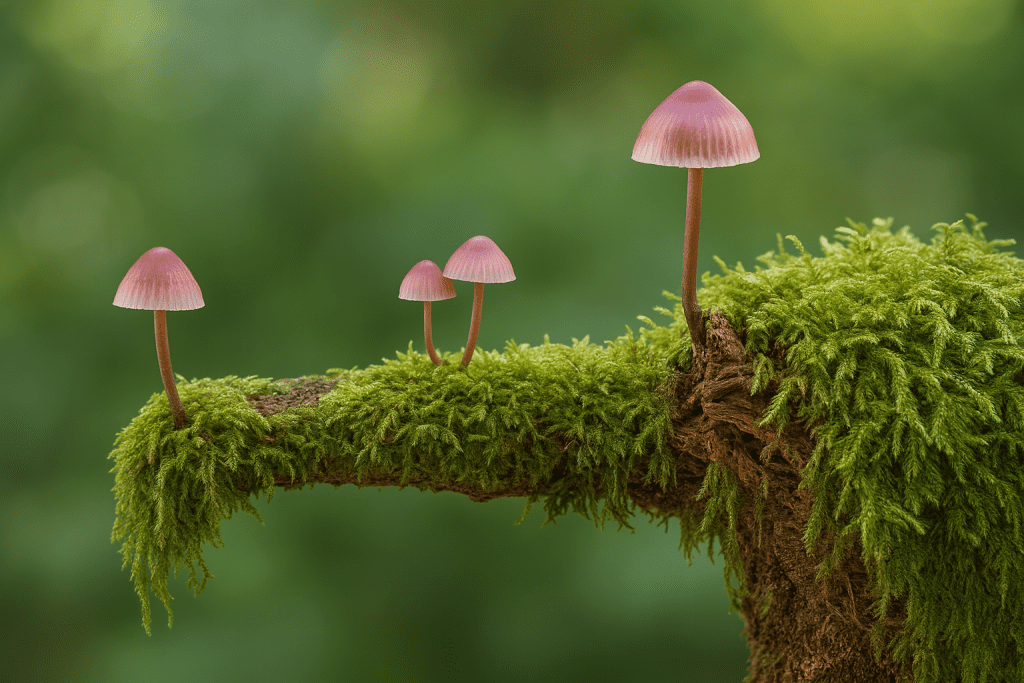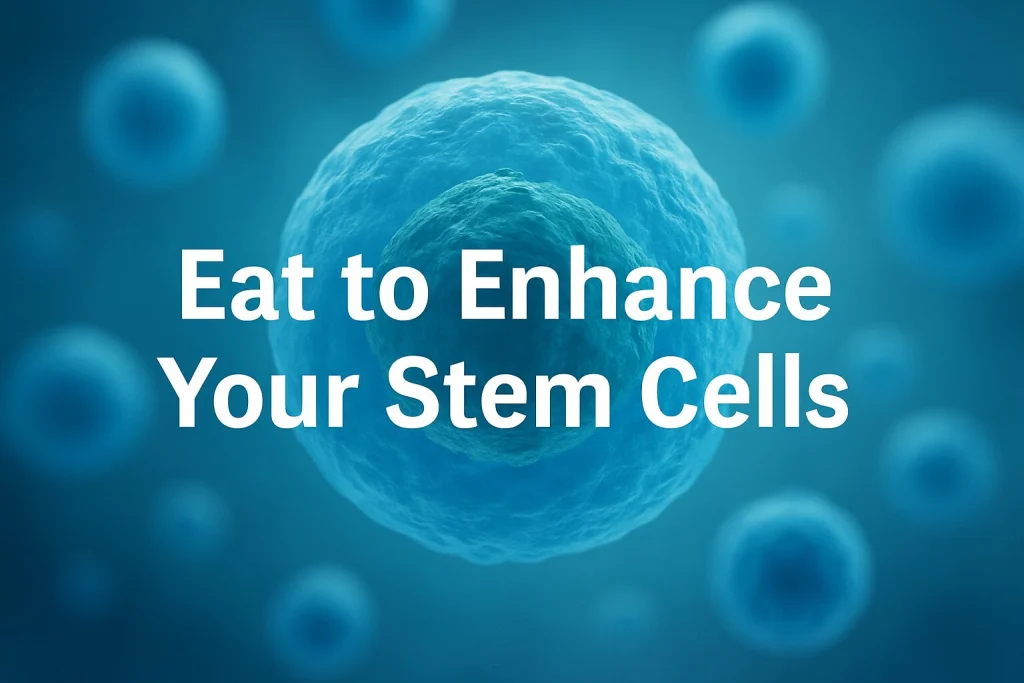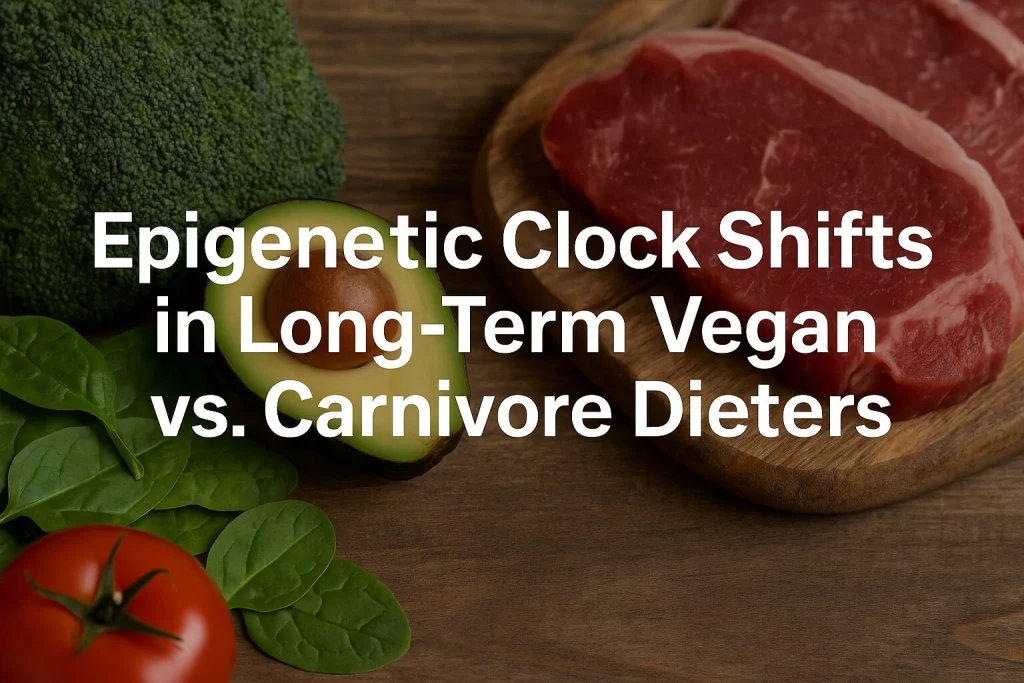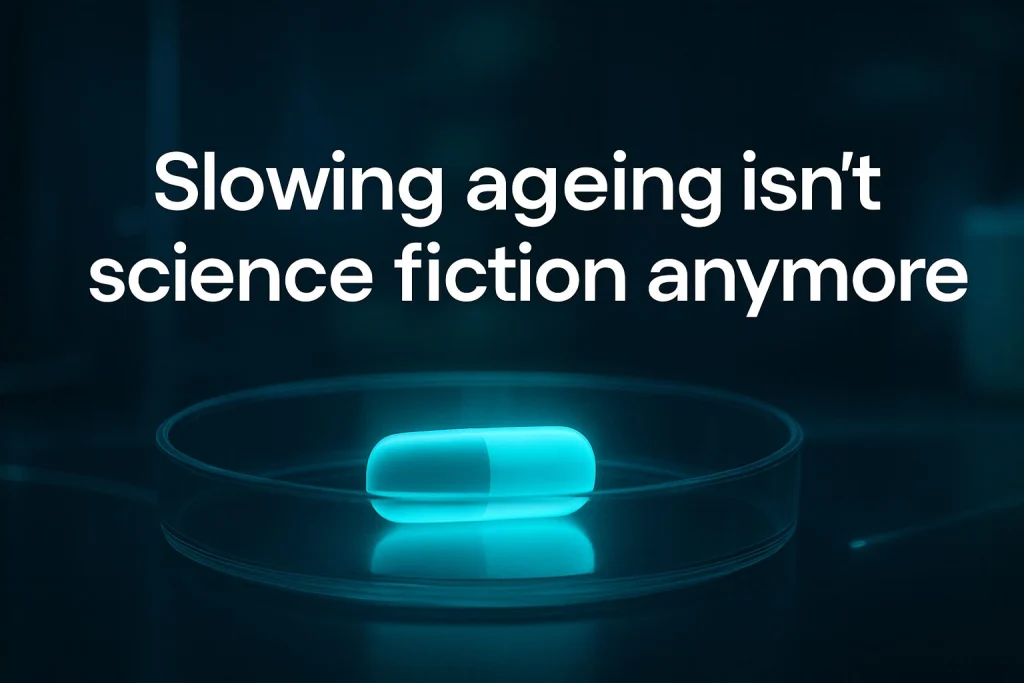
Published: July 8, 2025 | npj Aging
A new preclinical study from Emory University and Baylor College of Medicine reveals that psilocin, the active metabolite of psilocybin, may dramatically delay cellular aging and extend lifespan. While best known for its psychedelic effects, this compound showed measurable benefits in human cells and aged mice, making it a surprising new candidate in longevity research.
🧪 Key Findings
- Human cell experiments showed up to 57% longer lifespan in lung fibroblasts and 51% in skin fibroblasts treated with psilocin. These cells maintained vitality, resisted senescence, and preserved telomere length.
- In a mouse study, 19-month-old female mice were given monthly doses of psilocin. After 10 months, 80% of treated mice survived, compared to just 50% in the control group.
- Researchers also observed visible signs of healthier aging: mice had smoother fur, stronger hair pigmentation, and better general appearance.
🔬 How It Works
Molecular analysis found that psilocin:
- Reduced oxidative stress
- Preserved telomere length
- Increased SIRT1 (a key longevity protein)
- Activated DNA repair pathways like GADD45a
These effects align with growing interest in what some call the psilocybin‑telomere hypothesis, the idea that psychedelics may influence core aging pathways, not just the brain.
💬 Expert Insights
Dr. Louise Hecker from Baylor emphasized that starting the intervention late in life still improved survival rates. Psilocin’s impact may be due to serotonin receptors found not only in the brain but throughout the body, including in immune and skin cells.
Dr. Ali John Zarrabi at Emory added that the results go beyond longevity: “This study suggests psilocybin might promote healthier aging, not just a longer lifespan.”
External experts were cautiously optimistic, urging for human studies to clarify dosage, risks, and long-term safety.
📈 What This Means for Aging Research
Psilocybin is already under FDA fast-track status for mental health therapies. This new data opens the door for its use in geroscience, especially to slow biological aging and extend healthspan. However, researchers warn that it’s still early: controlled human trials are needed before any practical recommendations can be made.
🧬 Summary
This is the first published evidence that psilocin may slow aging in mammals and human cells. The data shows benefits across multiple aging pathways, from oxidative stress reduction to telomere support. While it’s not ready for clinical use, the findings offer a bold new direction in longevity research, one that bridges neuroscience and epigenetics in unexpected ways.
🧪 Can You Measure the Impact of Interventions Like This?
While psilocin research is still early, it raises an important question: how do you actually measure if something is slowing your aging? That’s where biological age tests come in. These advanced at-home tests analyze your DNA methylation, telomeres, or immune markers to calculate how fast your body is aging, sometimes years ahead or behind your chronological age.
If you’re experimenting with lifestyle changes, supplements, or emerging therapies, tracking your biological age over time can provide objective feedback. See our Biological Age Test Comparison to explore the best options available right now.
📚 Sources
- Emory University Newsroom
- Nature Partner Journals (npj Aging)
- ScienceAlert
- Baylor College of Medicine – From the Labs
Created by SimplyAntiAging.com’s Editorial Research Team
Reviewed and updated for accuracy in January 2026.



